Pakistan has called for the right to food, housing, sanitation and health to be "indispensable parameters" for human security, and cited the unequal progress and distribution of the promised fruits of globalisation as a major challenge in realising the concept.
"Continuing and growing financial and political disparities fly in the face of calls for equal rights for individuals and for nations," Pakistan UN Ambassador Abdullah Hussain Haroon told the UN General Assembly during a debate on Human Security. "The World has yet to reach a stage where human security is extant in letter and spirit, ie, a state where all human beings have equal rights to life, liberty, food, health, employment and opportunities to live with compassion and dignity," he added.
Ambassador Haroon said human security called for a gradual approach, in which models such as poverty eradication were developed for subsequent replication as human security projects. In order to foster trust, he said, human security interventions needed to be made in those areas that were acceptable to all member states.
He said it was just as important to address entrenched systematic inequalities like agricultural subsidies that negatively affected the developing agrarian economies, as it was to promote agricultural productivity in developing countries through technological transfer.
Similarly, the Pakistan ambassador said it was essential to expand the scope of human-security-related work beyond humanitarian agencies, so that they included developmental entities, including such United Nations agencies as the United Nations Conference on Trade and Development (UNCTAD), the United Nations Development Programme (UNDP) and the United Nations Environment Programme (UNEP). Such agencies input would help impart greater clarity and relevance to the concept of human security.
BR100
15,235
Increased By
150.4 (1%)
BR30
44,824
Increased By
812 (1.85%)
KSE100
149,971
Increased By
1353.3 (0.91%)
KSE30
45,655
Increased By
407.2 (0.9%)


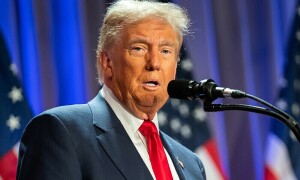



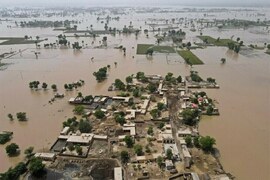







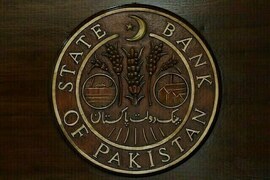
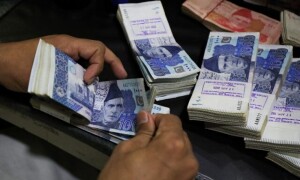



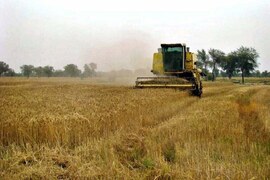


Comments
Comments are closed.